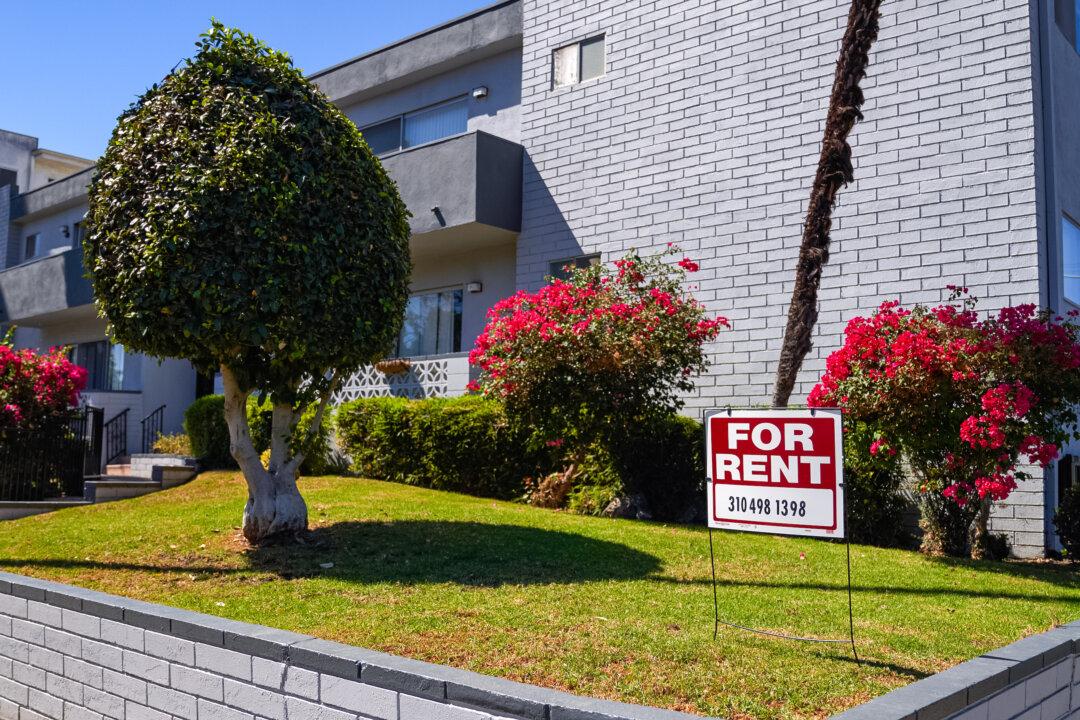LOS ANGELES—On a split 3–2 vote, the county Board of Supervisors June 4 agreed to extend through December a 4 percent cap on rent increases for rent-controlled apartments in unincorporated areas.
In response to the COVID-19 pandemic, the county enacted a freeze on rent hikes for rent-controlled units in March 2020. The freeze was extended multiple times, but in November 2022, the board agreed to resume allowing increases, capped at 3 percent for rent-controlled units during 2023.





